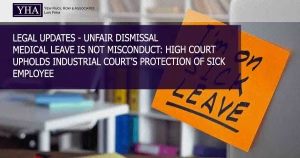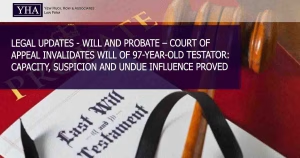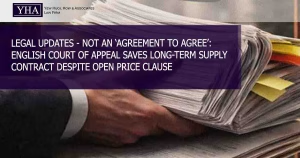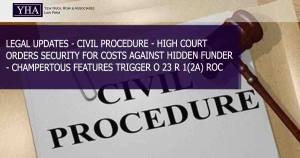
LEGAL UPDATES – THE SILENT CURVE: WHY MEDICAL PREMIUMS SUDDENLY SPIKE
Medical insurance premiums do not increase gradually. They rise exponentially. For many years, costs appear manageable, giving policyholders a false sense of stability. However, once the insured reaches their mid-60s, medical charges begin to accelerate sharply, and after age 70, they often outpace the premiums by several multiples.
This happens because medical insurance is funded from a finite pool of money – an investment “bucket” – while the medical rider functions like an engine that consumes more fuel as the insured ages. When the engine grows faster than the bucket can be replenished, depletion is inevitable. The result is sudden premium hikes, demands for top-ups, or policy lapse – not due to misconduct or missed payments, but due to the structural design of the product itself.









